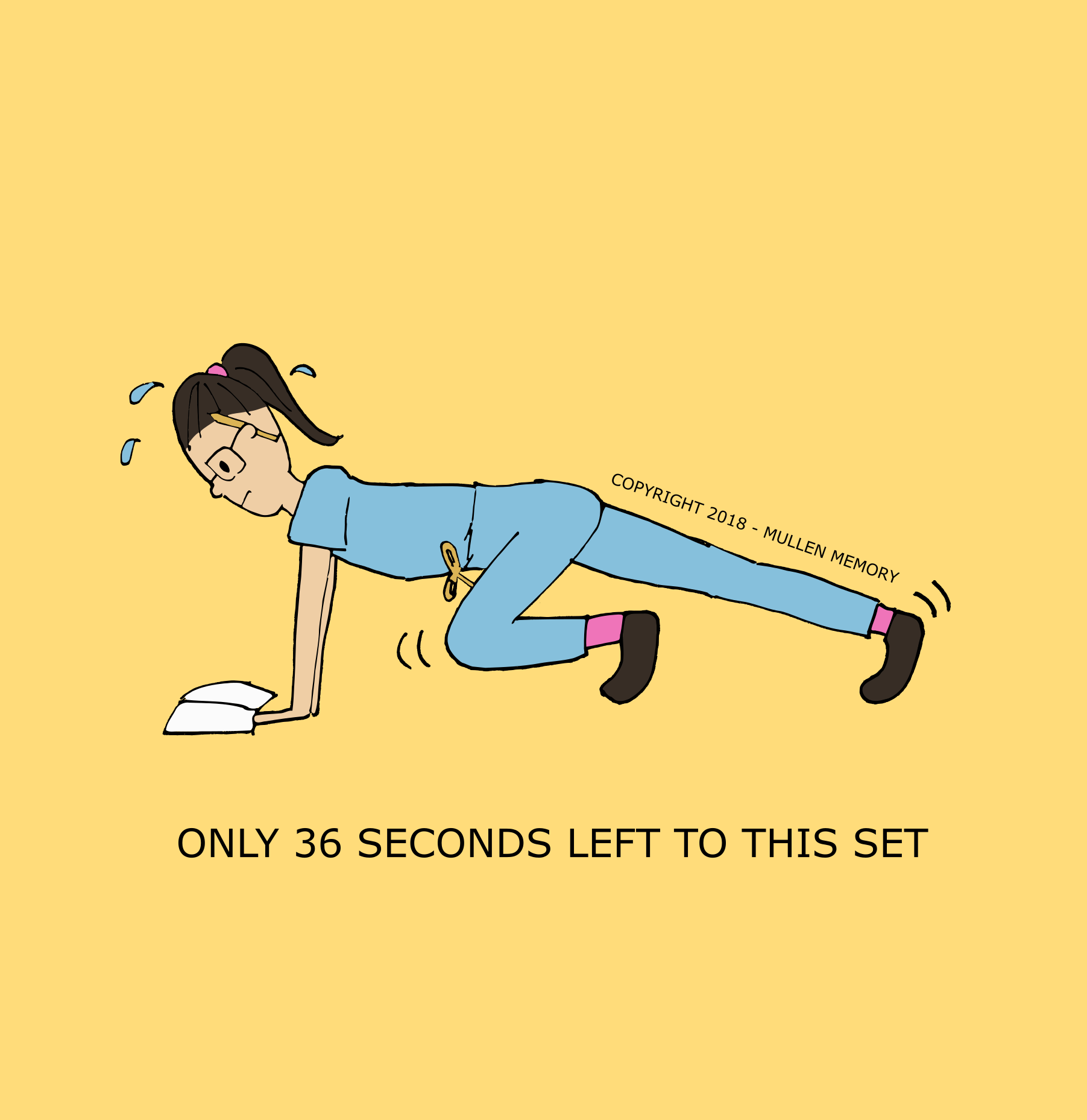We're big fans of high-intensity interval training or HIIT. It's a great way to get a heart-thumpin' workout with limited time. Lately, we've been trying to figure out the best way to maximize the time we have, not just for exercising, but for studying in short bursts. We're currently on our surgery rotation, which means long work hours and little energy left for extensive studying.
Effortful retrieval is actually a well-studied learning technique that can help you "HIIT" your studying. It's the idea that the more active and engaged you are during recall of content, the more durable your long-term memory of that content.* It's not just active learning--it's high-intensity. Productive recall is better than simply identifying the correct answer which is better than simply reading the information. Although we make fewer memory palaces this year, this technique works well for practice questions too.
What does this look like in practice? Instead of flipping through a stack of factoid flashcards about your memory palace, opt for questions that force you to synthesize understanding and to engage in productive recall. Even better for the learner-on-the-go: mentally walk through your palace and talk through your images and the content knowledge that they represent. Memory palaces are very conducive to productive recall.
How do you make the most of each study session? We want to know!
ps. Here's one of our favorite HIIT workouts. Give it a try!
*Other posts discussing retrieval practice (also often referred to as practice testing or active recall) can be found here: Our Top 3 Don’t-Miss Tips, Never Forget What You Learn: 4 Reasons You Should Be Using Anki, and Memory Tips For Medical Students (Live Seminar).
One time-management strategy à la HIIT which we use is the Pomodoro Technique. Alex discusses it at length in this article. Part 2, in which he discusses strategies for optimizing focus during deep work, can be found here.
For more on retrieval practice: Check out First Aid for the USMLE Step 1, the most popular USMLE Step 1 review book for medical students. Alex and I wrote a section for the book entitled "Learning Strategies," which overviews which learning strategies are supported by research (eg, retrieval practice, spaced repetition) and which aren’t (eg, rereading, highlighting).

